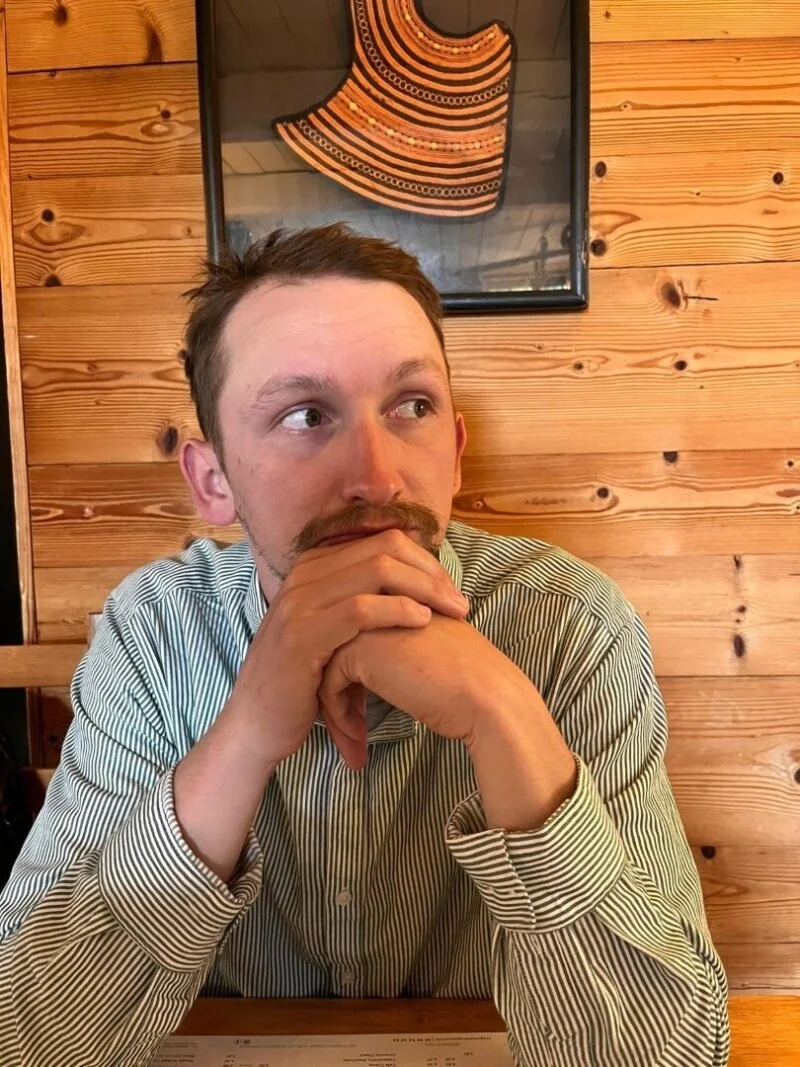What does the River Don mean to the people of Sheffield?
Right to Thrive explores local people's connections to the River Don through a collection of generative interviews. In this series we encourage people to question extractive, human-centred views of nature in favour of recognising and celebrating its right to thrive.
Four people who live and work alongside the Don explore their relationship to the river and how it could be better cared for, as well as the positive and negative impacts it has on their lives.
Rivers are powerful beings. They can make or break our towns and cities – many ancient settlements are only where they are because they were founded on the banks of a river, which centuries later may in turn threaten our homes with deadly floods.
Cities around the world are defined by their rivers: think of the Seine in Paris, or London’s Thames. Like many cities, Sheffield is named after one of its rivers: the Sheaf, which like the Loxley, Rivelin and Porter eventually joins the Don at Castlegate.
Neglected and overlooked for decades, as the factories and steelworks along its banks treated it as an open sewer, the Don is midway through a startling renaissance – one that’s even more surprising given that it was considered ecologically dead in the 1970s and 80s.
Oliver Eales
Student researcher Oliver Eales said he wanted to "highlight the interdependencies that exist between the citizens of Sheffield and the River Don."
~ Oliver Eales.
Stewarded by Opus, which also publishes Now Then, the River Dôn Project is asking what a ‘right to thrive’ might look like for the Don. To get a better idea of how the river might flourish alongside us as a more-than-human resident of the city, the team are exploring how Sheffield’s citizens relate to the river and how they feel about its past and its future.
As part of this work, Oliver Eales, a Human Geography BA student at the University of Sheffield, carried out field research supervised by Dr Ella Hubbard as part of the SURE scheme, which offers undergraduates the chance to take on funded research projects. He spoke to people who live and work alongside the river, asking about their changing relationship to it over time as they move through different stages of their own lives.
Eales’ aim was to explore the idea of the ‘right to thrive’ from the perspective of the bioregion. A ‘bioregion’ is an area not defined by human boundaries and borders but by ecological processes. For example, the River Don’s catchment area, which includes the high moors of the Peak District where rainwater collects that eventually flows into the river.
“With this research I aimed to highlight the interdependencies that exist between the citizens of Sheffield and the River Don,”. Eales told Now Then. “As a city we have become increasingly disconnected from our rivers, despite them being an important part of our history.
“The pressures of living under capitalism, including time, money and resources, are all limiting factors. But there’s a need to reassess our relationship with our rivers and prioritise their care.
CLICK HERE to read the full article

